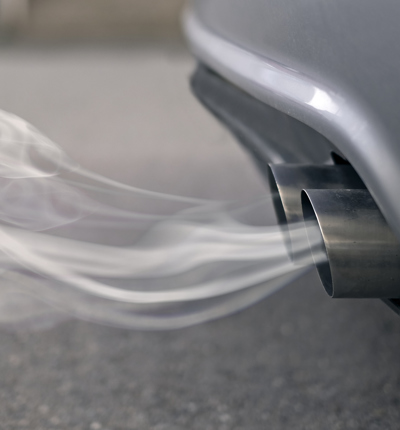
Trial begins for ex-CEO of Audi
The trial against the former chief executive of the car manufacturer Audi began in Munich yesterday.
Posted on 01 October 2020
Rupert Stadler is facing charges of “fraud, falsifying certification and false advertising” for his alleged role in “Dieselgate”. He stands accused of knowingly selling cars that were fitted with software that could manipulate the legal emissions test.
If found guilty, Stadler faces up to 10 years in jail.
Stadler was Audi’s CEO for 11 years from 2007-2018 and who, ever since the emissions scandal erupted, has maintained his innocence.
The complex and lengthy trial is predicted to last until December 2022 as it unpicks the details of the scandal that has affected 11 million diesel cars worldwide and cost Audi’s parent company, Volkswagen, 30 billion dollars to date.
The trial is a key development in the emissions scandal that has dominated the German car manufacturing industry since 2015. Until now, Volkswagen has heaped blame for the emissions fraud on to a small group of rogue engineers in a bid to shift responsibility away from board members.
It is the first time a senior executive has been put on trial for an alleged role in the emissions scandal and marks the beginning of a long list of executives to be held to account for their alleged actions. This includes Volkswagen ex-CEO, Tony Winterkorn, whose trial date has yet to be confirmed.
Solicitor Shazia Yamin, who is leading group claims at Leigh Day against both Volkswagen and Mercedes, said:
“The start of this trial is an important milestone and will no doubt be followed with interest by our clients who are still waiting to be compensated by Volkswagen, unlike vehicle owners in other countries.
“This case will be an opportunity to shed light on the circumstances surrounding the scandal and we hope it will give consumers an honest representation into how events developed and who were the driving force.
“As greater scrutiny is finally brought to bear on exactly what went on within the Volkswagen company, we hope that this results in our clients being compensated for the losses they have suffered as a result.”

